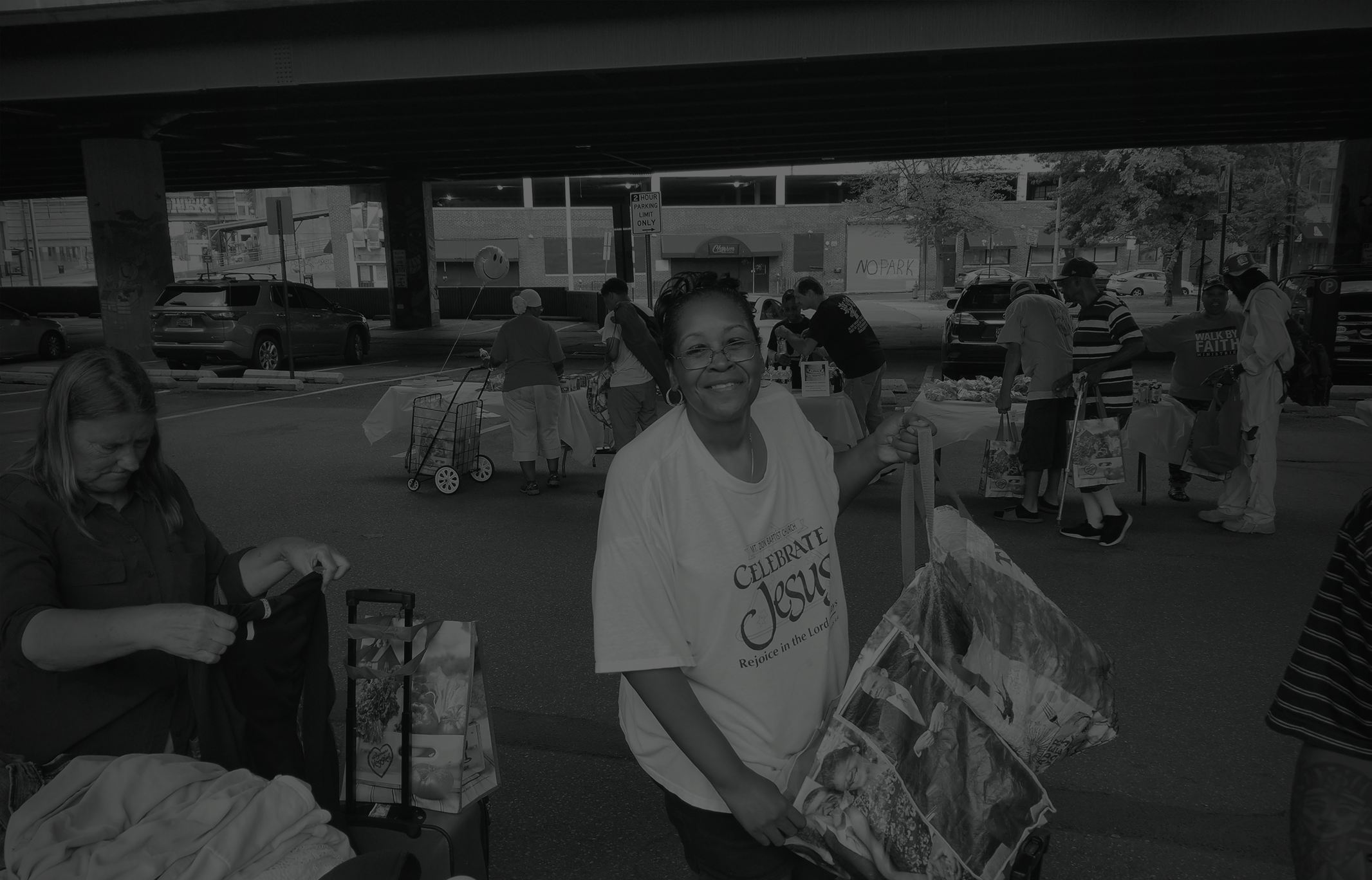If you are experiencing homelessness, we will see you—regardless of whether you have health insurance.
If you have Medicaid or Medicare, we accept most plans.
If you do not have insurance…
- You can apply for Medicaid or renew your Medicaid coverage through the Maryland Health Connection
- We can help you
- Enroll or re-enroll in Medicaid
- Choose a Medicaid program (“MCO”)
- Determine your eligibility—and help you sign up—for subsidies and supplemental income
- Troubleshoot issues with your health benefits
- We operate on a sliding fee scale
- As a Federally Qualified Health Center, our fees are based on the relationship between your income and your ability to pay for care. Our fees are calculated using the annual poverty guidelines published by the U.S. Department of Health and Human Services. But because our clients typically fall far below the poverty line, they do not meet the minimum income standards for a co-pay for our services.
*Consistent with federal law, no one is denied care if unable to pay.
Behavioral health care is covered
Regardless of your insurance coverage, you have access to mental health services, addiction recovery programs and group and individual therapy at Health Care for the Homeless.

Having health insurance has made a critical difference in the lives of our clients. Meet just a couple...
Patricia
Patricia, 48, used to clean houses until her hands became so painful she could no longer work. Unemployment led to homelessness, and she landed in a shelter. Soon after, she was diagnosed with carpel tunnel syndrome. But Patricia did not have health insurance, and could not afford the treatment she needed. In January 2014, with the onset of the Affordable Care Act, she obtained Medicaid and immediately her care plan took shape: She was able to schedule specialty test and surgery to decompress her carpal tunnel syndrome. Because she became connected with health care, she also is now accessing substance abuse treatment and HIV treatment, both of which went unaddressed when she lacked health insurance. Today, Patricia can imagine a future where she returns to cleaning houses and having a home.
Kendall
Kendall, 32, sustained a gunshot wound to his leg that required the leg to be reconstructed. But following the reconstruction, Kendall’s did not align and his injury worsened. As a result, his pain became chronic, his leg was not fully functional and he required prescription pain medication. Thanks to the Affordable Care Act, Kendall was able to enroll in Medicaid and his Health Care for the Homeless provider was able to refer him to a pain specialist and a foot specialist, both of which would have been impossible for him to access without health insurance. Kendall now looks forward to regaining full use of his leg.
Barbara
Barbara was in her early 50s when she came to Health Care for the Homeless with numbness in her hands. Health Care for the Homeless was able to get her an MRI, which found that she had a spinal cord compression. Prior to the Affordable Care Act, which allowed Barbara to secure health insurance through Medicaid, she would not have had access to neurosurgery. Instead, she likely would have had to wait until paralysis set in, making her completely disabled, before she could qualify for comprehensive health insurance and care. Thanks to Medicaid, Barbara was able to see a specialist and get the care she needed before her condition deteriorated. Her health improved as a result of access to care and she returned to work—at a local homeless services agency, where she helps those who face struggles similar to those she once experienced.




